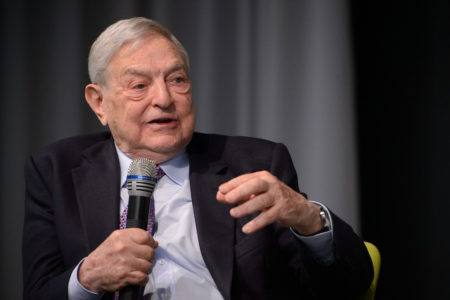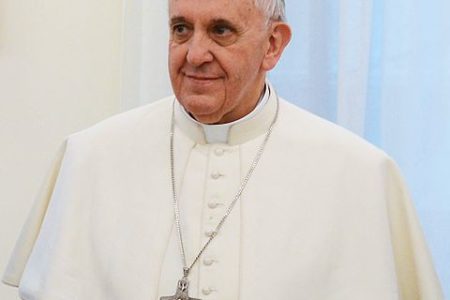In the fourth Session of Sovereign Nations’s “The Theology of Marxism” conference, Michael O’Fallon addresses the ways in which the church has been gradualistically decoupled from Biblical doctrine over the past 15 years.
In this wide-ranging presentation, O’Fallon begins with the reformational response to the errors of Rome. The Roman Catholic Church of the 16th century had become a technocratic episcopate which demanded obedience in spite of both historical and Scriptural truth. The German Priest Martin Luther challenged this authority, claiming that his conscience was bound by the Scriptures. In 1521 at the Diet of Worms, Luther stated the following after receiving orders to “recant”:
“Since your most serene majesty and your highnesses require of me a simple, clear, and direct answer, I will give one, and it is this: I cannot submit my faith either to the pope or to the council, because it is clear that they have fallen into error and even into inconsistency with themselves. If, then, I am not convinced by proof from Holy Scripture, or by cogent reasons, if I am not satisfied by the very text I have cited, and if my judgment is not in this way brought into subjection to God’s word, I neither can nor will retract anything; for it cannot be either safe or honest for a Christian to speak against his conscience. Here I stand. I cannot do otherwise. God help me. Amen.”
Luther’s bold refusal to bow to the subjective mandates of Rome provided momentum to the reformation in Europe and Britain. His courage led to the eventual development of “Protestantism” and evangelicalism.
This opening and pursuit of knowledge also contributed to the cultural development of the enlightenment and modernity. Individual rights became paramount in many societies. A non-ecclesial response to this new modernity and cognitive liberty was envisioned by the Geneva-born Jean Jacques Rousseau who uttered the dark words that would echo through history, “Man is born free but everywhere is in chains.”
Rousseau’s collectivism would eventually lead to the French Revolution and the “year one” reset of civilization within France. Everything that *was* in France would be challenged, changed, and forced into the *what will be* of radical subjectivism.
In many ways, the revolution that occurred within faith communities between 2008 and 2022 is not unlike the French Revolution or the many attempts at communist revolutions that have happened throughout the world over the past 120 years: all that was “old” (hegemony) was criticized as hateful and oppressive and the radical “new” (counter hegemony) was proposed as the justice-infused correction to old ways.
But all of this was not possible without the radical revolutionaries installing their leadership in the seats of power. Without the top-down decision making, it would be impossible to enforce a counter hegemony that would be the mechanism of change.
The revolutionaries would also need to begin a “bottom-up” surge from within the congregants of their churches. The creation of the #ChurchMeToo movement and the launch of the CRT festivals at the MLK50 and T4G events by the ERLC and various elements within the SBC and PCA was necessary to try to create a critical consciousness within the pews across America.
Seminaries such as Southern Baptist Theological Seminary, Reformed Theological Seminary, Dallas Theological Seminary began to infuse young Pastors with the lenses of critical consciousness. These seminaries had a missional purpose that was focused on creating political and societal change combined with community organizing.
Sadly, even the virtuous new “non-woke” evangelical leaders have refused to call for the removal of the men who brought in the theological constructs of Marxism into Christianity over the past 14 years. The leaders of evangelicalism refuse to see this movement for what it is: a combined effort with the World Economic Forum and the United Nations to transition western civilization into enviro-communo-fascism.
The church needs men with chests: men who are willing to stand and save the Bride of Christ from the attempt to transition the church into a Marxian state church of the 4th Industrial Revolution.
The audio version of this presentation is available on Soundcloud, Google Podcasts, Apple Podcasts, Spotify, and Stitcher.
Additional episodes of The Theology of Marxism may be viewed here.
Connect with Michael O’Fallon at https://twitter.com/SovMichael.






Recent Comments